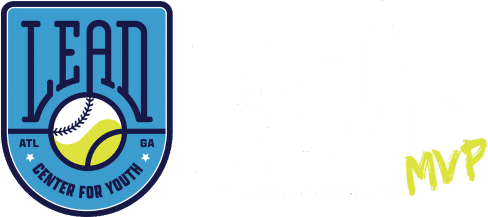I’m the husband of Kelli, and the father of two beautiful girls, Mackenzi and Mackenna. I am a baseball coach, author, speaker, and leader. And, I’m the CEO of L.E.A.D. (Launch, Expose, Advise, Direct) an organization dedicated to empower an at-risk generation of young, black men to lead and transform their city of Atlanta.
I was also born into poverty.
Growing up on the northwest side of Atlanta wasn’t a walk in the park. My home was in zip code 30318 where the youths, along with those in zip codes 30310 and 30315, grow up to make up 80 percent of Georgia’s prison system.
My parents were loving, but neither had a college education so they struggled to make ends meet. This meant that my siblings and I grew up on Medicaid, WIC, TANF (Temporary Assistance for Needy Families) and food stamps.
If you lived in my zip code, and you wanted to get free from the shackles of racism, poverty, and crime, chances were slim that you would. In fact, today in Atlanta according to the Atlanta Metro Chamber of Commerce, only 4 percent of black children ever do.
Therefore, my escape from the life that had been handed down to me was a miracle, and it’s a miracle that many young black men in Atlanta pray for every day.
And that’s why I am passionate about empowering youths to become politicians, pastors, police officers, and other leaders to be crowns for the city of Atlanta.
I want to empower the other 96 percent to escape, so that not only their lives will be changed, but the lives of the generations after them will be changed too. Their children and children’s children won’t know what it’s like to go to bed hungry, battle poverty, and fear for their lives. Instead they can become leaders and miracle-makers for Georgia.
When LEAD wins, Atlanta and the world wins.
Just Imagine
Imagine there is a young black man sitting in a classroom in Atlanta’s inner-city. If given the chance he could discover the cure for cancer, create symphonies, rescue orphans, or share the gospel with millions. Or, he could become a movement maker like Martin
Luther King, Jr. But without the ability to get free from the grips of poverty, racism, and crime, he will never know what gifts he could bring to the world—and what gifts he could bring into your world.
But consider this, there isn’t just one young black man sitting in a classroom or walking the streets who can’t escape the hand that has been given him. There are thousands. And that’s thousands of lives in the generations after them that won’t be changed if their lives aren’t changed.
The Facts
In addition to the stats I already shared, here’s what you need to know about the plight of inner city Atlanta black males . . .
• Atlanta Public Schools educates over 51,927 students grades K-12 with 26,398 being males.
• 33.5% of black males either will not graduate on time or at all.
• Georgia ranks in the top five in incarceration in America while America ranks number one in the world.
By the tens of thousands, black males are trapped in generational poverty because of slavery which was followed by racism that has been supported by government policy before they were ever born.
If this was your story, how could you get free if no one helped you?
Everyone Has a Calling. Anyone Can Change the World.
No one is ever born without a calling. No matter your race or the place of your birth, your Creator has guaranteed that you have been created on purpose for a purpose. Through our 6-year program, Pathway 2 Empowerment—which inspires young men to follow in the footsteps of great leaders such as Martin Luther King, Jr., Maynard Jackson, and Herman Russell—our LEAD Ambassadors are asked four questions to help them discover why they have been created and how they can help change Atlanta—and the world.
• What do you worry about?
• What do you cry about?
• What do you dream about?
• What world problem do you want to solve?
Everyone can learn more about what they have been created to do and how they have been designed to change the world through these questions.
In Georgia, there can only be one Governor and two U.S. Senators. In Atlanta, there can only be one Superintendent for Atlanta Public Schools. There can only be on Mayor of Atlanta and one Police Chief. These are just a few positions that LEAD is preparing our Ambassadors to serve for the benefit of all Atlantans.
Current notable black Atlanta Public School System (APS) alums that are making a significant difference in Atlanta and the world include Atlanta Mayor Keisha Lance Bottoms, Ceasar Mitchell and Andre Dickens.
Change is possible.
6 Core Values
The LEAD Pathway 2 Empowerment program is driven by 6 core values:
1. Excellence—Setting and meeting expectations.
2. Humility—Thinking of others more than yourself without thinking less of yourself.
3. Integrity—Doing the right thing even when you could do the wrong thing.
4. Loyalty—Doing the right thing even when it is unpopular.
5. Stewardship—Protecting values, beliefs and people.
6. Teamwork—Being your best within a group of people that are being their best for a specific purpose
Will you get in the boat, too?
Imagine a crocodile-infested river where zebras are trying to cross the river to get food. As the zebras enter the water, some will make it across without coming into contact with a crocodile; some will break free but with wounds that will never heal—and others will die.
The zebras represent the black boys in the inner-city of Atlanta. The crocodiles represent the three evils that are designed to destroy them: racism, poverty and crime.
I’m not a spectator on the sideline of this struggle.
I am in the river, in the boat, waiting to rescue any young
man that will grab hold of the baseball bat I extend to them.
If they choose to grab hold of my bat, I will pull them into my boat and take them across the river safely. I have survived this very same struggle, and as a survivor, it is my duty, my burden, and my honor to provide safe passage for them.
One of the ways the LEAD team is working to transform the lives of young black men is through our new vision, Mission 100.
Will you get in the boat with me?
Through the Mission 100 program, LEAD isn’t just interested in making a temporary difference in the lives of black males in Atlanta’s inner city. We want to transform their lives so they can lead Atlanta to lead the world.
To make this vision a reality, LEAD’s goal is to engage at 100 more Ambassadors in Atlanta Public High Schools by 2020. These Ambassadors are at risk, 9th-12th grade black males in Atlanta’s public-school system. LEAD’s Pathway 2 Empowerment program has already provided hundreds of Ambassadors with
unprecedented access to opportunities in athletics, academics, civic engagement, and commerce.
Gensen Scott, former Ambassador, now a LEAD donor says, “L.E.A.D. was important to me [as a kid] because it gave me a different outlook on what I could be in life. I gave me specific tools to help me succeed in life and become the best at whatever I would pursue.”
Denzel Campbell, also former LEAD Ambassador says, “LEAD was a positive outlet for me where I could join my brothers through good and bad times. It was a safe haven for creative ideas around baseball, inner city challenges, and how we can overcome together using positive strategies and networking. Together we had a voice to tell our stories to empower others. Some of my best friends come from this organization, and the inspiration I get from LEAD fuels my internal motivation even to this day.”
To partner with us to transform lives and change Atlanta and the world, please consider giving to support our work through Mission 100.
To donate to Mission 100, join forces with LEAD, and to help 100 Ambassadors in Atlanta Public Schools, contact Kelli Stewart at kelli.stewart@lead2legacy.org. You can also make a general donation to LEAD for any amount by clicking this link.
If you cannot financially give, please pray. We are grateful for your support.



